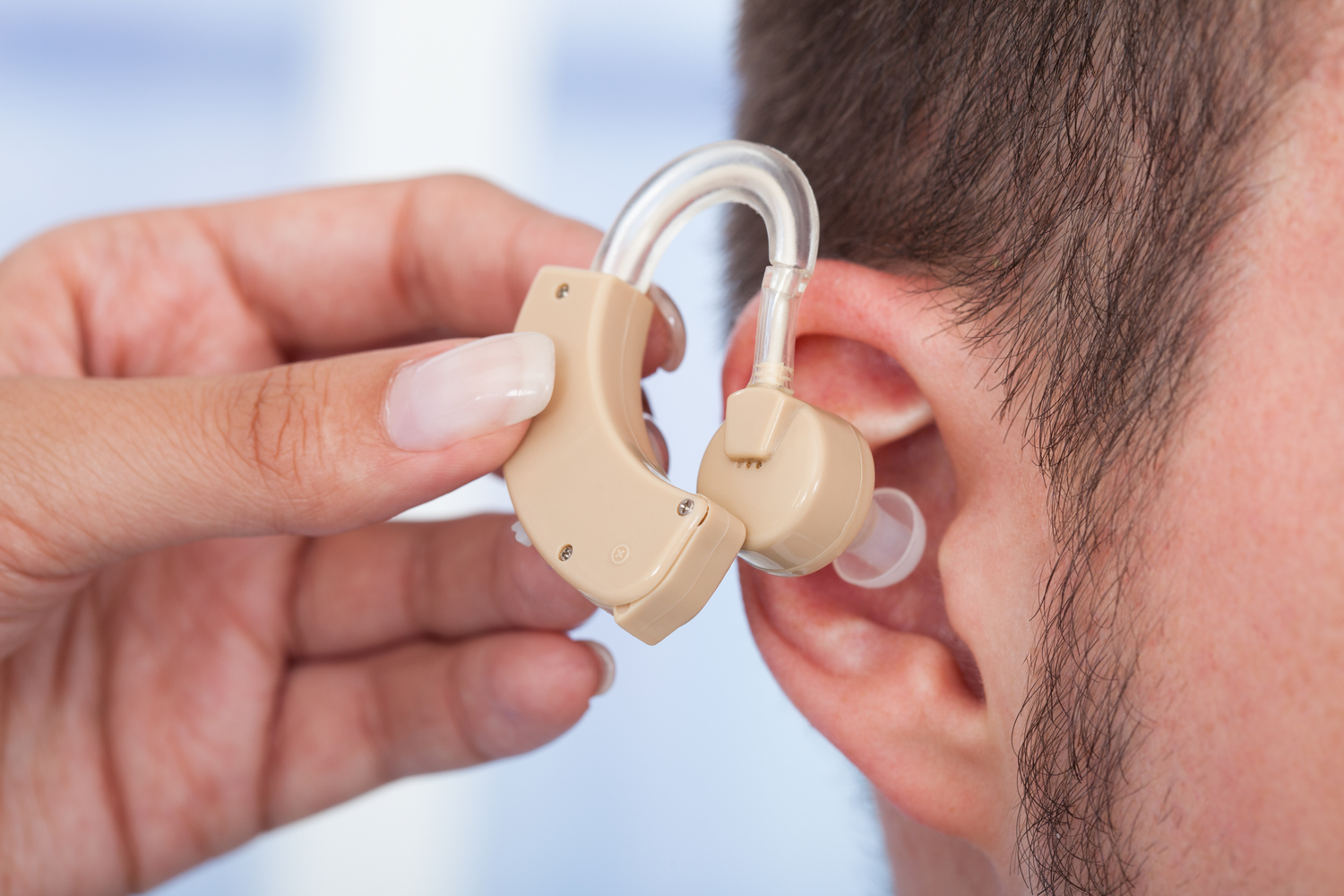
5 Things Not Covered by Health Insurance
While health insurance is great to have, there are plenty of procedures, drugs, treatments, surgeries, and more that are not covered. Some program providers include Aetna, United Health Care, Blue Cross Blue Shield, Cigna, Humana, Anthem, Mutual of Omaha. Policies for final expense needs such as the Aarp final expense policy can also be beneficial. After applying for an insurance plan, medical ins care cards are provided to demonstrate your proof of insurance. However, before you submit any applications for health insurance plans, it’s important to know what isn’t or likely won’t be covered under them. Keep reading to learn more:
1. Cosmetic surgery
Typically, cosmetic surgery will only be covered by health insurance if the surgery in question is believed to be medically necessary. Therefore, surgeries such as liposuction, breast augmentation, facelifts, and dermabrasion will likely not be covered in most cases.
2. Some medications
Over-the-counter medications are not covered by health insurance—these include supplements, vitamins, and non-prescription drugs. However, there are some prescription drugs that are uncovered. If there is a prescription drug that you or your loved one needs, but it’s uncovered by insurance, then there are a few options available to you. First and foremost, it’s likely best to try asking your doctor to provide you with a substitute prescription that is covered. If this isn’t possible, a good next step is to request an exception from your insurer on the basis of medical necessity. If this request is denied, filing an appeal with your insurer might be in your best interest.
3. Hearing aids
While this one is surprising, plenty of health insurance plans don’t cover hearing aids. Unfortunately, this means that many individuals go without proper support and equipment for their hearing difficulties. However, The Hearing Loss Association of America does provide helpful information about available assistance programs in each state for hearing aids. Additionally, a hearing care program is offered by AARP for its members.
4. Vision and dental care
This one may also come as a surprise to some. Unfortunately, many health care plans provide limited coverage when it comes to vision and dental care. Things like cosmetic dental procedures, routine dental cleanings, and eye examinations for contact lenses or prescription glasses are all examples of what is often uncovered or might only have limited coverage.
5. Weight loss programs and surgery
Many insurance plans do not cover weight loss related needs such as programs, nutritional counseling, and surgery (also known as bariatric surgery). However, it’s important to check with your insurer to figure out if this is the case, as some insurers do offer coverage. Financing options are available for application if you decide that receiving weight loss surgery at a private clinic is your best option.



